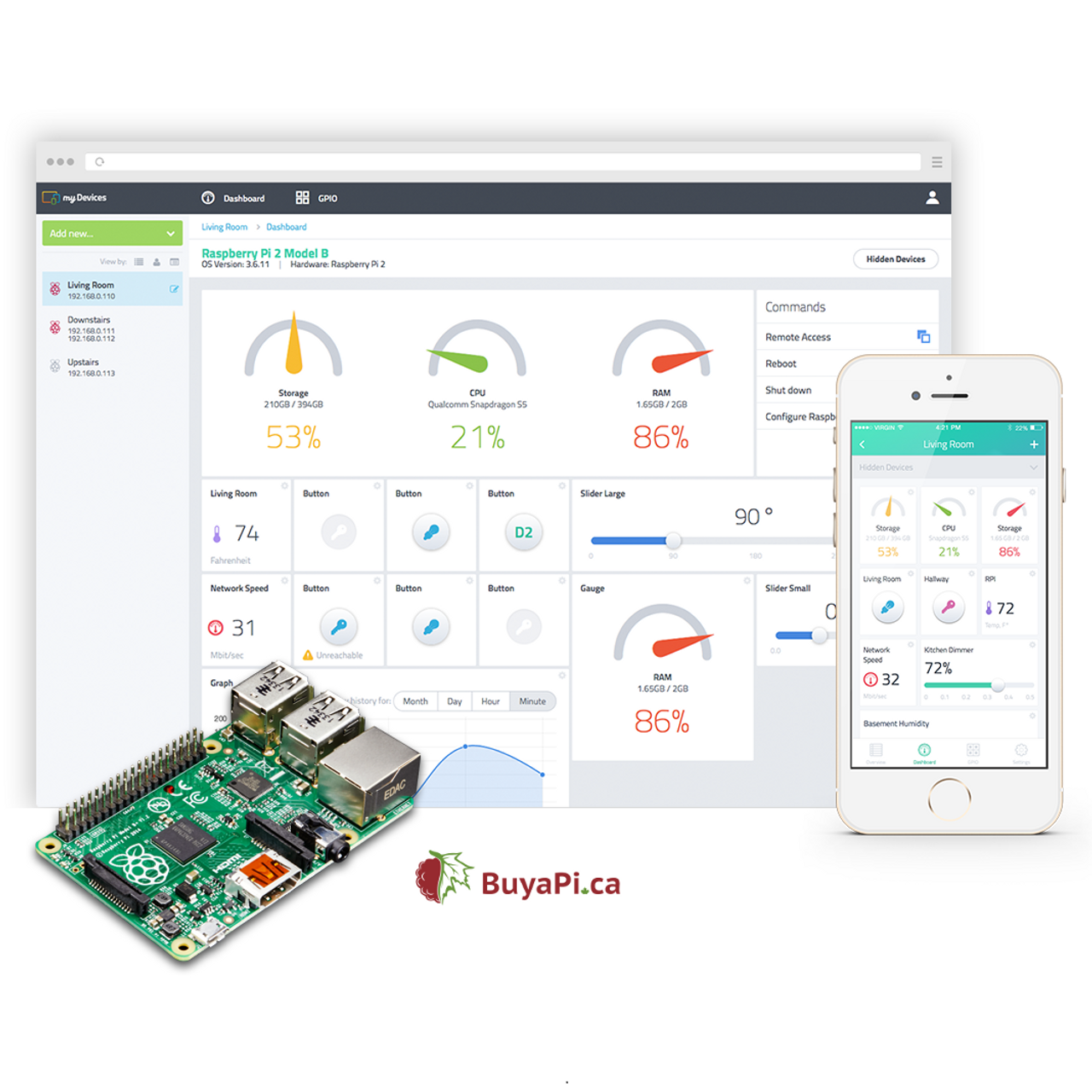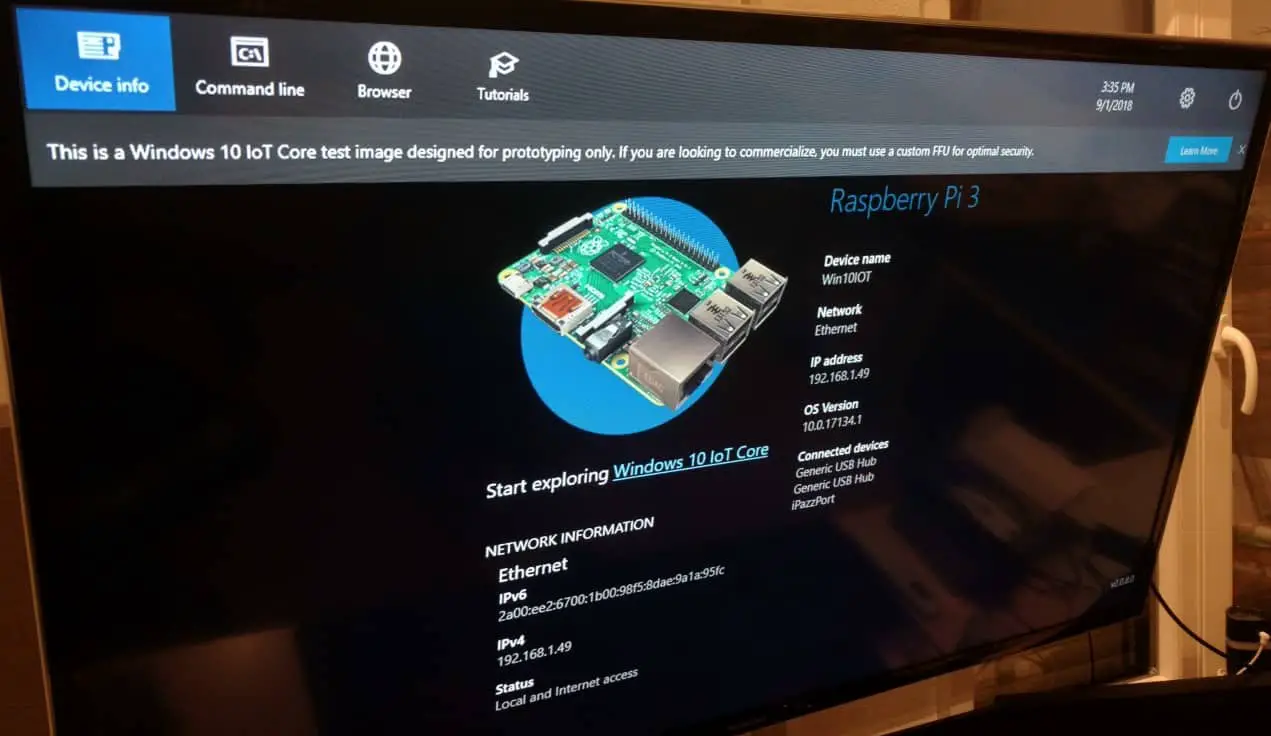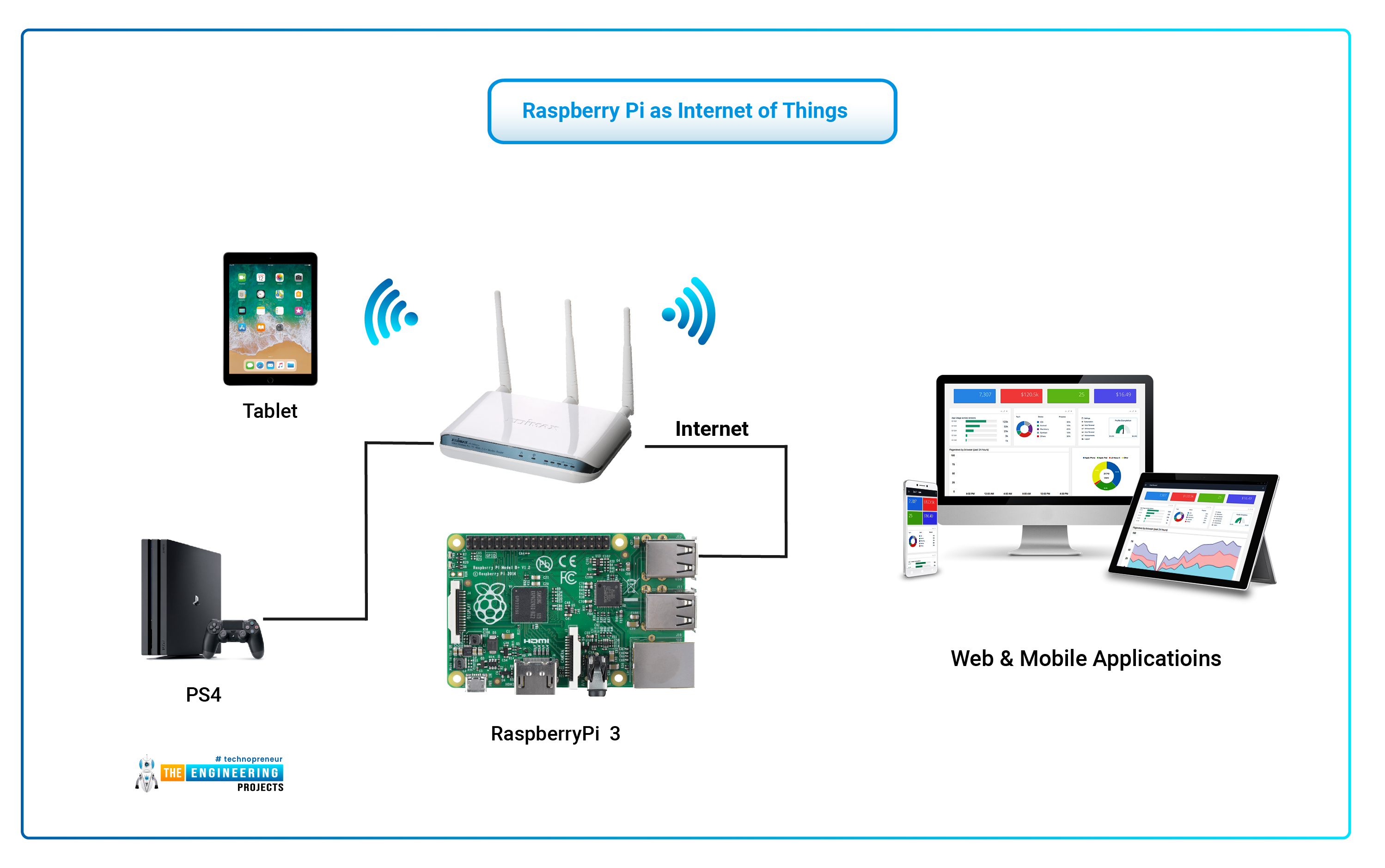Why SSH is Essential for Your Raspberry Pi IoT Projects
Hey there! If you're diving into the world of Raspberry Pi IoT projects, you're probably wondering how you can manage them from anywhere in the world. Well, let me introduce you to SSH (Secure Shell). This powerful tool allows you to remotely access and control your Raspberry Pi, even if you're using a Windows PC. Imagine being able to tweak your IoT setup from the comfort of your couch or even while traveling. SSH makes that possible, and it's a must-have skill for tech enthusiasts, developers, and hobbyists alike.
Connecting Securely to Your Raspberry Pi IoT Devices
Are you ready to take control of your IoT projects from anywhere? With SSH, you can do just that—without spending a dime. This article is your go-to guide for setting up SSH on your Raspberry Pi and downloading the necessary tools for Windows. Whether you're a beginner or a seasoned pro, this step-by-step guide will ensure you're equipped with the knowledge and tools to manage your IoT devices securely and efficiently.
What You’ll Learn in This Guide
In this comprehensive tutorial, we’ll cover everything you need to know about setting up SSH for Raspberry Pi IoT projects. From configuring your Raspberry Pi to downloading and using free Windows tools, we’ll walk you through the entire process. You’ll also learn how to establish a secure connection, troubleshoot common issues, and optimize your setup for seamless IoT operations. By the end, you’ll be ready to unlock endless possibilities for remote device management, automation, and monitoring.
Read also:Simon Cowells Death Hoax Separating Fact From Fiction
Step-by-Step Guide to Setting Up SSH on Raspberry Pi
Let’s dive into the details. First, you’ll need to ensure your Raspberry Pi is ready for SSH access. Here’s a quick checklist:
- Ensure your Raspberry Pi is connected to the internet.
- Enable SSH on your Raspberry Pi (you can do this through the Raspberry Pi Configuration tool).
- Take note of your Raspberry Pi’s IP address—this is how you’ll connect to it remotely.
Once your Raspberry Pi is set up, it’s time to move to your Windows PC. You’ll need to download a free SSH client like PuTTY or Windows Terminal. These tools will allow you to establish a secure connection to your Raspberry Pi from anywhere in the world.
Free Tools to Enhance Your IoT Projects
As IoT ecosystems continue to grow, having the right tools at your disposal is crucial. In this section, we’ll guide you through downloading and configuring free tools for Windows that can complement your IoT projects. For example, you might want to use a file transfer tool like WinSCP to seamlessly transfer files between your Windows PC and your Raspberry Pi. These tools work hand-in-hand with SSH to make your IoT setup more efficient and effective.
Why Remote Access Matters in IoT
In today’s interconnected world, the ability to remotely manage your devices is more important than ever. Whether you’re monitoring a smart home system or running a complex IoT network, SSH gives you the flexibility to access and control your Raspberry Pi from anywhere. This guide will help you master SSH and take your IoT projects to the next level.
Troubleshooting Common SSH Issues
Even with the best-laid plans, things can sometimes go wrong. If you’re having trouble connecting to your Raspberry Pi via SSH, don’t worry—we’ve got you covered. Here are a few common issues and how to fix them:
- Connection Refused: Double-check your Raspberry Pi’s IP address and ensure SSH is enabled.
- Authentication Failed: Make sure you’re using the correct username and password for your Raspberry Pi.
- Network Issues: Verify that your Raspberry Pi is connected to the internet and that your firewall settings aren’t blocking the connection.
By addressing these issues, you’ll be back up and running in no time.
Read also:The Fascinating World Of The Aquariuspisces Cusp
FAQs About SSH and Raspberry Pi IoT
Here are some frequently asked questions to help clarify any doubts you might have:
Is SSH for Raspberry Pi IoT Free?
Absolutely! You can access your Raspberry Pi IoT devices from anywhere for free using methods like dynamic DNS and port forwarding. These solutions eliminate the need for paid services while ensuring secure and reliable remote access.
What Are the Prerequisites for Setting Up SSH?
Before you begin, ensure your Raspberry Pi is running the latest version of Raspberry Pi OS. Additionally, make sure your Windows PC has a reliable internet connection and the necessary SSH client installed.
Conclusion: Unlock the Potential of Remote Device Management
Mastering SSH for remote IoT Raspberry Pi projects is a valuable skill that can significantly enhance your tech journey. This guide has walked you through the process of setting up SSH, downloading free tools, and troubleshooting common issues. With SSH, you’ll have the power to manage your IoT devices from anywhere in the world. So, what are you waiting for? Get started today and take your projects to the next level!


